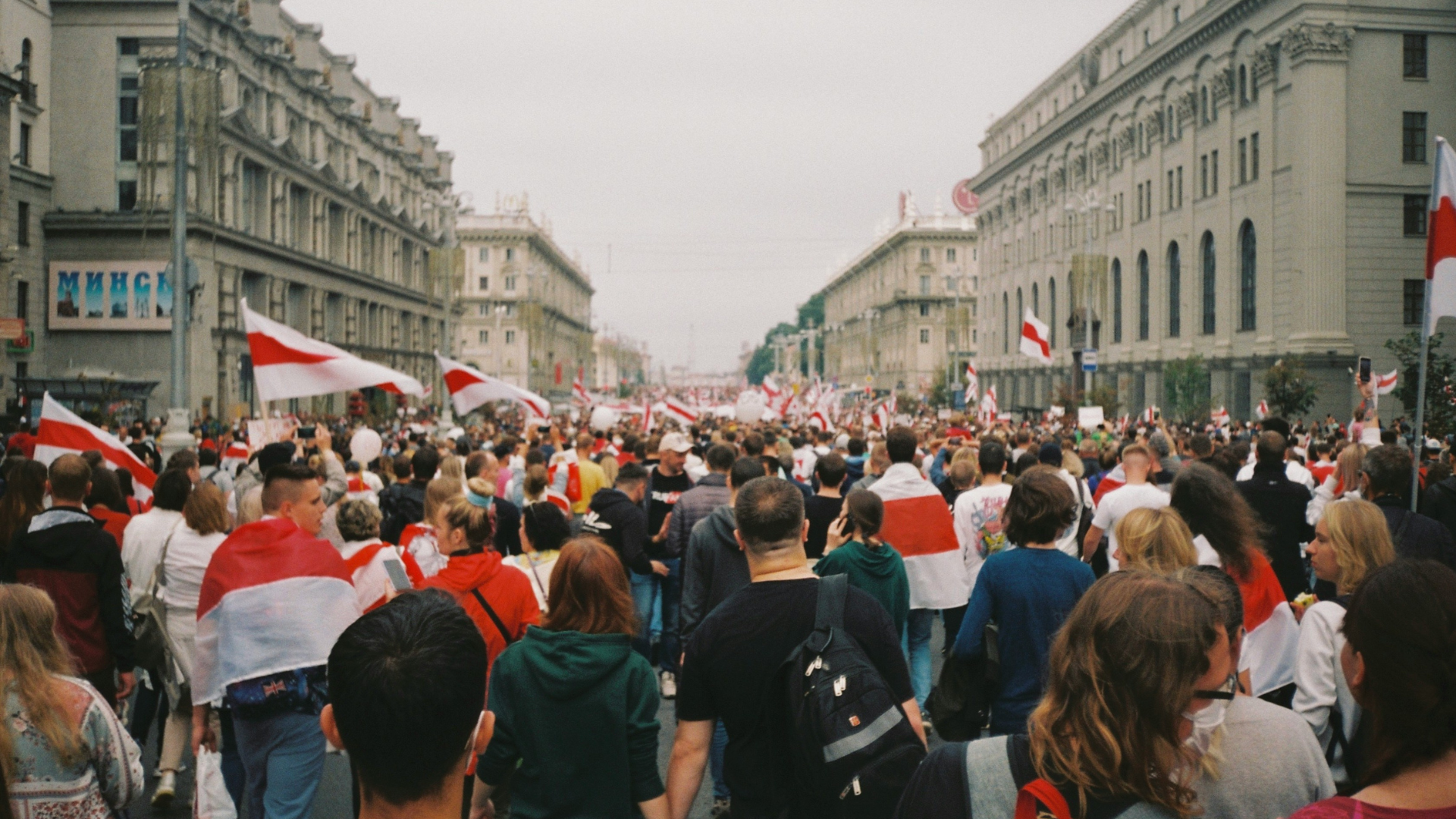Lund University, a member of the EUROPAST project, invites scholars and the interested public to attend an international conference, "History, memory and politics in Belarus after 2020," which will take place on 27-28 February, in Lund, Sweden (LUX A 332, Helgonavägen 3, Lund University) and online.
Program of the conference:
Day 1, February 27
9.30-10.00, Welcome and Coffee
10.00-10.15, Welcome
Barbara Törnquist-Plewa (Lund University), Introduction
10.15-11.45, Panel 1
Nelly Bekus (University of Exeter, UK): Challenges of Mnemonic
Transnationalism: Political Mobilization of the Concept of Genocide in Belarus
Iryna Ramanava (European Humanitarian University in Vilnius):
View of Stalinism after 2020: ”Denigration of Soviet reality” or ”Victory of socialism”?
Gundula Pohl (Hagen University): Trials as historical-political tool in the
Republic of Belarus
Discussant: Per Anders Rudling (Lund University)
11.45-13.00, Lunch
13.00-14.30, Panel 2
Thomas Bohn (Justus-Liebig-University): End of History – Russian World – Historic Turning Point. Reflections on Paradigm Shifts in Belarusian Studies
Dorota Michaluk (Nicolaus Copernicus University): Emigration of Belarusian historians to Poland after 2020
Simon Lewis (University of Bremen): Remembering Belarus’s Revolutionary Summer: Memory, Outrage and Mobilization in Contemporary Belarusian Literature.
Discussant: Violeta Davoliute
14.30-15.00, Coffee break
15.00-16.30, Panel 3
Andrej Kotljarchuk (Uppsala University): History connects, History divides. The official and alternative narratives of World War II in today’s Belarus
Aliaksei Kazharski (Charles University): Waging war on the dead? The destruction of memory sights of Poland’s Home Army by the authoritarian regime in Belarus
Aliaksandr Kazakou (Lund University): From contested memory to
cooperative memory? Belarus-Ukraine memory entanglements in the time of war: the Battle of Orsha case.
Discussant: Thomas Bohn (Justus Liebig University)
17.30, Dinner at Kulturen Restaurant
Day 2, February 28
9:00-10:30, Panel 4
Aliaksei Bratachkin (Fern Universität in Hagen)
New Regimes of Forgetting in an Authoritarian Context: Transformation of Cultural Memory in Belarus and Russia (2020-2024)
Camilla Gironi (Independent Researcher)
“Two States, One Destiny”: the Russification of the official Belarusian politics of memory in the post-2020 era. (online)
Valer Bulhakau (ARCHE journal)
Soft power of the “Russian world”: the place of Belarus in the historical politics of Russia before and after the 2020 presidential elections
Discussant: Aliaksei Kazharski (Charles University)
10.30-10.50, Coffee break
10.50-12.00, Panel 5
Nikolay Zakharov (Södertorn högskola), Aliaksei Lastouski (”Political Sphere” Institute): Historical Politics of the Belarusian Orthodox Church: between Holy Russia and the national narrative
Tatsiana Astrouskaya (Herder Institute): The Meaning of Time in Lukashenka’s Memory Politics After 2020
Discussant: Barbara Törnquist-Plewa (Lund University)
Conclusions by Barbara Törnquist Plewa and Per Anders Rudling
12.00 Lunch
End of the Conference
Click here to join the event online.
You may find the Conference program in PDF here.
If you have any questions, please contact .
For more information, please visit the Conference page on Lund University's website.
The event is sponsored by the EUROPAST project, Wallenberg Foundation and The Royal Swedish Academy of Letters, History and Antiquities.
EUROPAST is a project funded by the European Union under the WIDERA programme (grant agreement No. 101079466). The views and opinions expressed are those of the authors alone and do not necessarily reflect those of the European Union.


